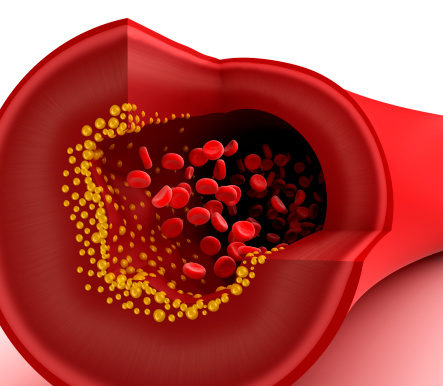East Windsor, NJ—A recent study published in Studies In Contemporary Medicine has shown that curcuminoids may have a positive effect on overall lipid profile, including total cholesterol.
Taking place at the University of Medical Sciences in Mashhad, Iran, this randomized, double-blind, placebo-controlled, parallel group clinical trial was conducted with 117 participants over the course of eight weeks. The non-placebo group took daily doses of a branded curcumin supplement (Curcumin C3 Complex plus BioPerine from Sabinsa Corporation). At baseline and end of the trial period, a complete lipid profile was taken of all participants, including LDL-C, non-HDL-C, total cholesterol, triglycerides and Lp(a).
The results of the study showed an overall positive effect on the lipid profiles in the curcumin group. There was a significant reduction in serum concentrations of LDL-C, non-HDL-C, total cholesterol, triglycerides and Lp(a) compared to the placebo group, as well as significantly increased levels of serum HDL-C concentration, known to many as “the good cholesterol.” The study authors noted that these amounts stayed statistically significant after adjusting for BMI, and that the supplement was well tolerated in patients with metabolic syndrome.
While several studies have taken place testing curcumin’s health properties, this is the first to test the efficacy and safety of a curcumin-piperine combination in patients with metabolic syndrome. In addition, the results of the study also suggested that piperine may have future viability as a bioavailability enhancer. Shaheen Majeed, marketing director at Sabinsa, remarked that the study results showed uses for curcumin beyond inflammation, and that “once again the C3 Complex and BioPerine combination has been shown to be a safe and effective supplement blend that can help keep people healthy.”
Published in WholeFoods Magazine, January 2015 (online 12/1/2014)










